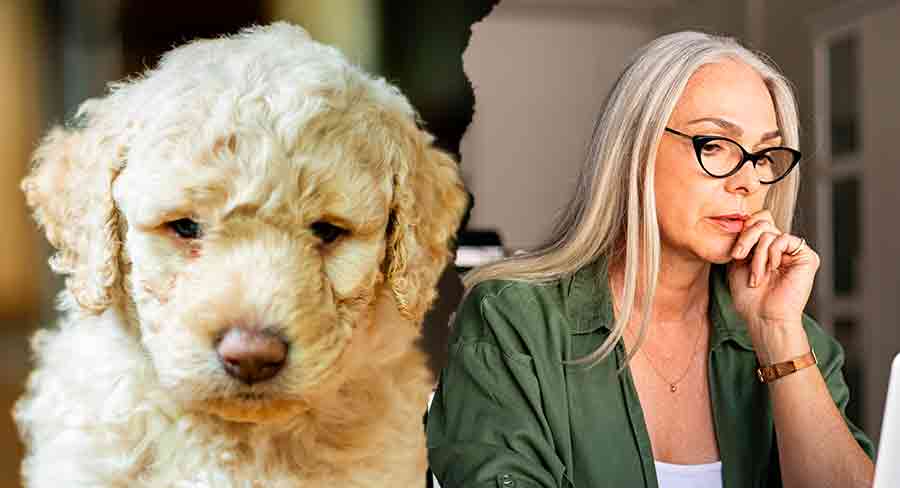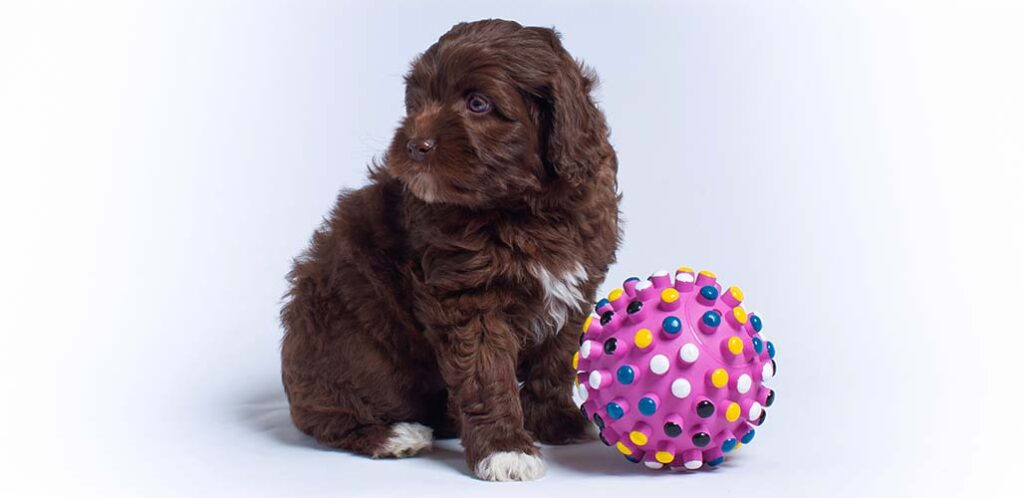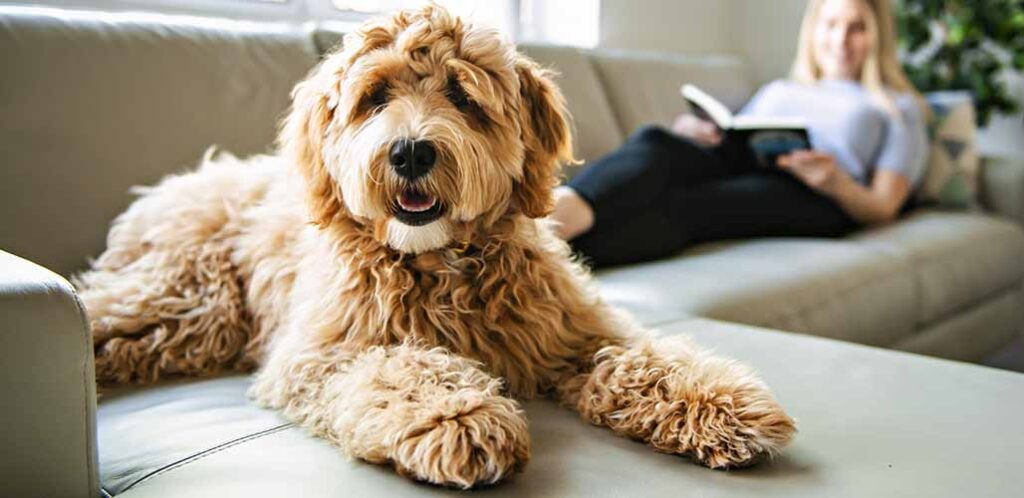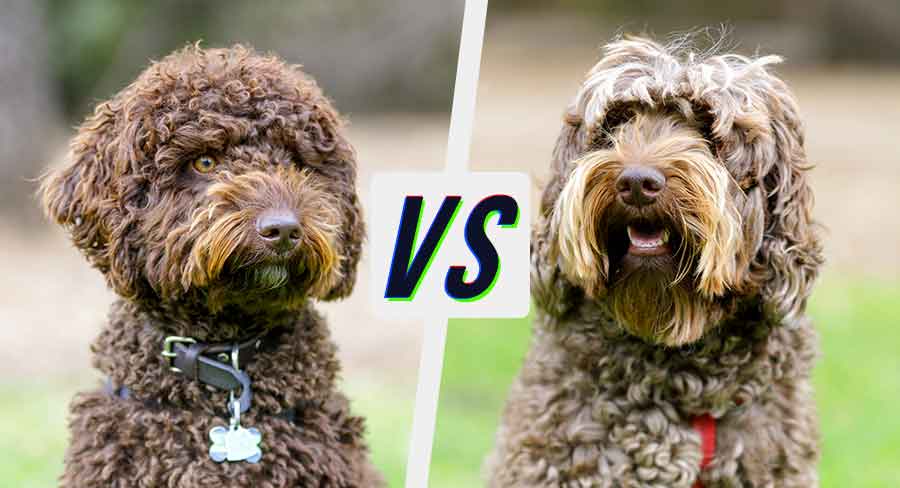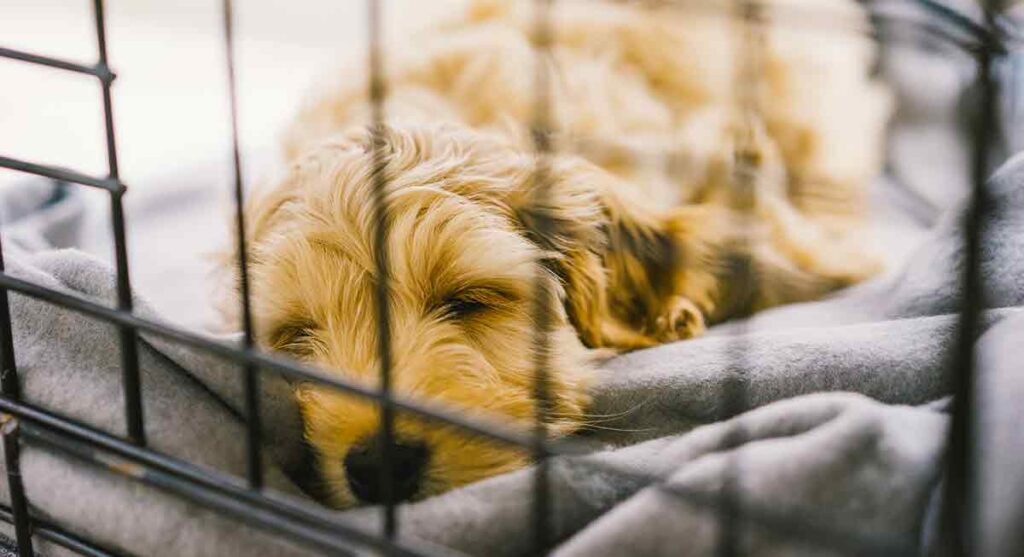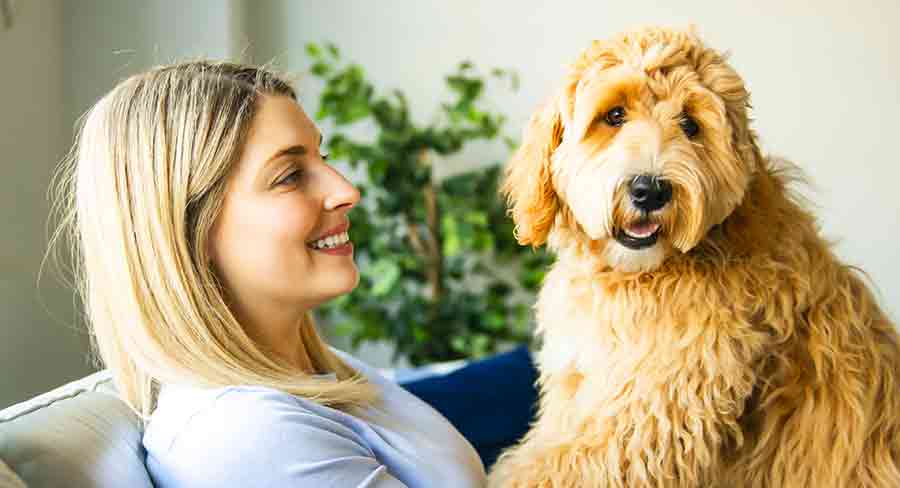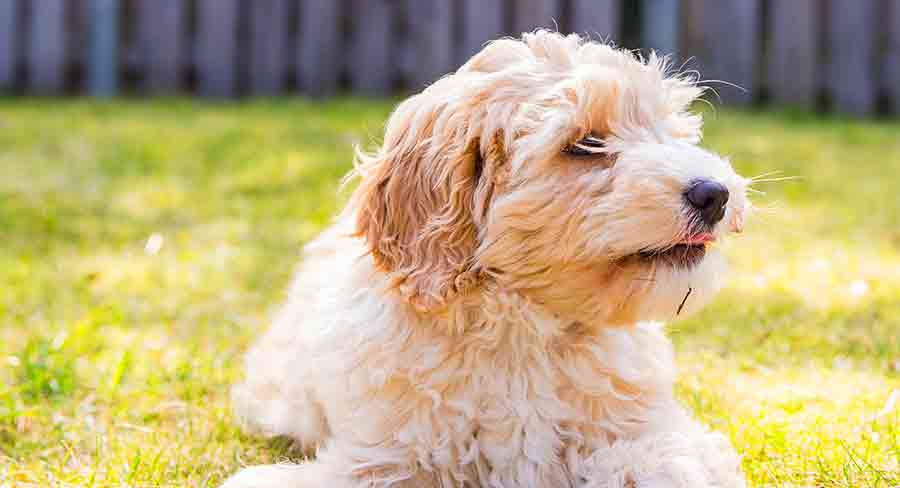Raising A Puppy While Working Full Time
Raising a puppy while working full time can be challenging. The key to success is understanding your puppy’s needs so that you know what to provide for them in the hours while you are away. Small puppies should not be left alone throughout the working day, they need company and frequent small meals. Ideally, you …

